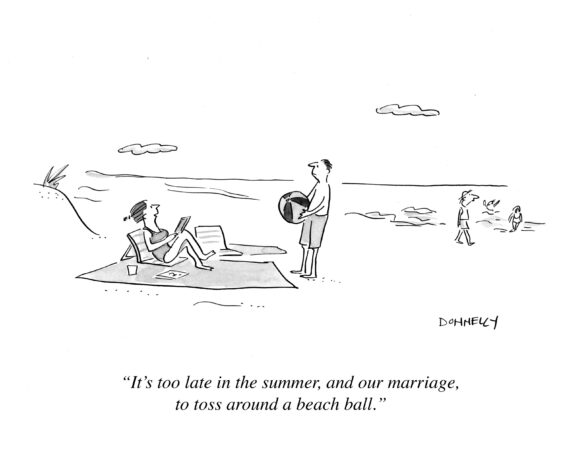“Everybody needs saving, and so we really should start with our saviors.”
One Sees Her Point, Of Course

Fixing the Previous Fixes
“You can count on our politicians to get out there in front of all of this, so that they may insist on the necessary reforms. But never forget that all the things they need to fix are the result of all their previous reforms.”
In Which We Ask Raul Labrador What the Deal Is
Some Background: One of the more pleasant things that happened in one of our more recent elections here in Idaho was that Raul Labrador replaced Lawrence Wasden as the Attorney General for Idaho. Wasden was a Republican, as are most elected officials in Idaho, but being a Republican in this instance didn’t signify all that …
Guest Post from Nate on Stickergate
Dear Friends, This is an update that I have hoped to write for a long time. A lot has happened, so this will be a bit simplified. First, a quick recap. The City of Moscow made illegal arrests at a Christ Church organized psalm sing/covid protest back in 2020. My sons protested these arrests by …
Orc Girls
“What we have been seeing in our American streets over the last few years is an intersectional mash-up. It has been the meeting place where stupidity, envy, hatred, ignorance, and folly have all met up to do a little showing off. They all wanted to do a little flexing for the orc-girls.”
Kevin DeYoung’s Six Questions Answered With Brevity, Clarity, and a Few Attempts at Wit
Introduction: So the other day Kevin DeYoung posted this article entitled 6 Questions for Christian Nationalists, and I was quite pleased about it. The pleasure was derived from the fact that I believe Kevin is clearly in a good place, and poised to be in a better place, and I believe real conversations between people …
The NQN Ocho After Action Report
We had a grand time this November, one that lapped last November. Not only that, but it actually lapped all the previous Novembers put together. The most telling metric would be all the giveaways. My little Mablog Shoppe is something of a little putt putt operation, but last year we were able to give away …
God Did It a Different Way
“We want the world to become Christian the way the devil offered to make it Christian, if only Jesus would bow down and worship him. But God works a different calculus, and He had His only-begotten Son hanged on a gibbet instead. What was He doing? He was making the world Christian, but He was doing it His way and on His timetable. But He was making the world Christian (John. 12:31). Jesus, by and through His death, cast out the prince of this world. And, by the way, in the original Greek “cast out” does not mean “kept around.”
The Letters Have Turned Decemberesque
Letter to the Editor: "Was Chamberlain a long-suffering saint, or was he an appeaser—to use Churchill’s metaphor, a man who throws others to the alligators, hoping to be the last one ...






